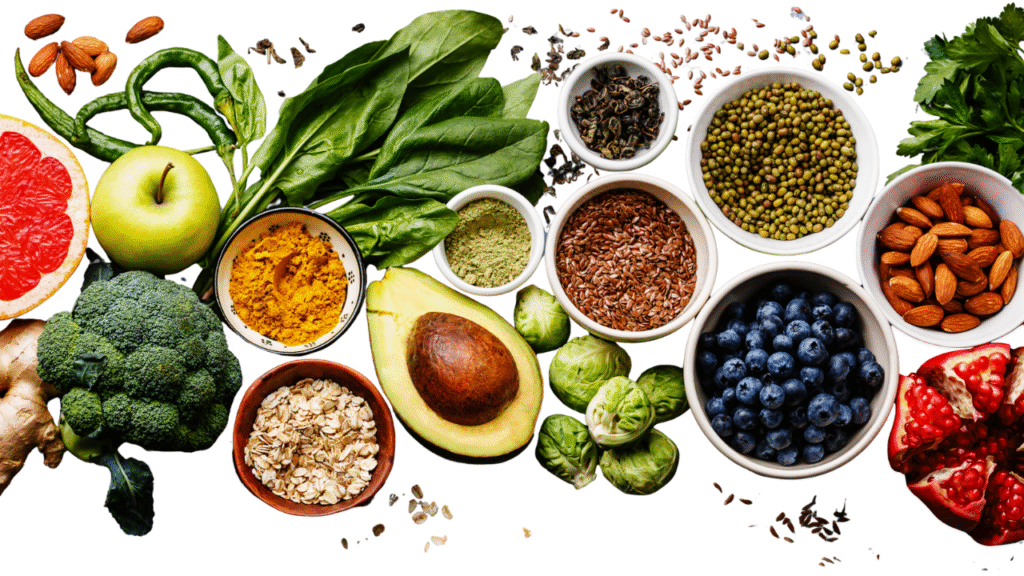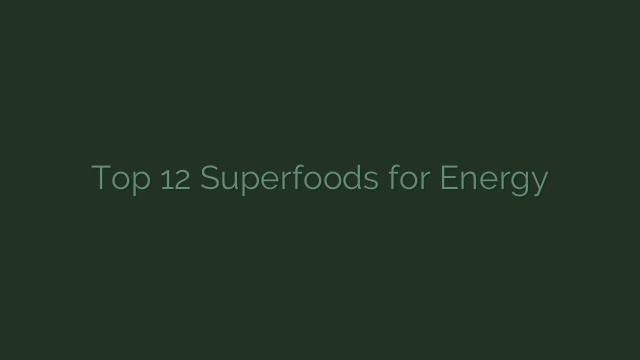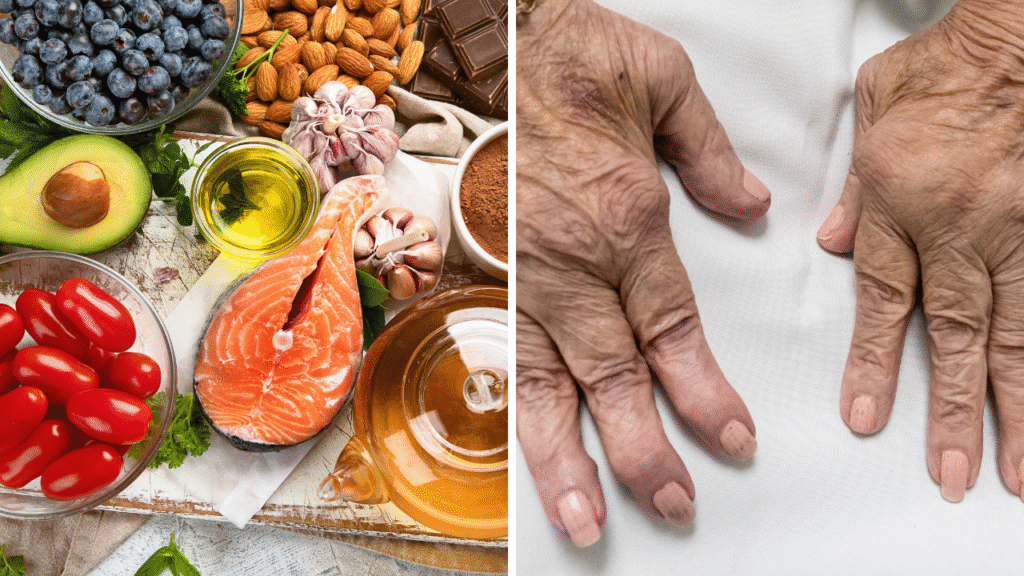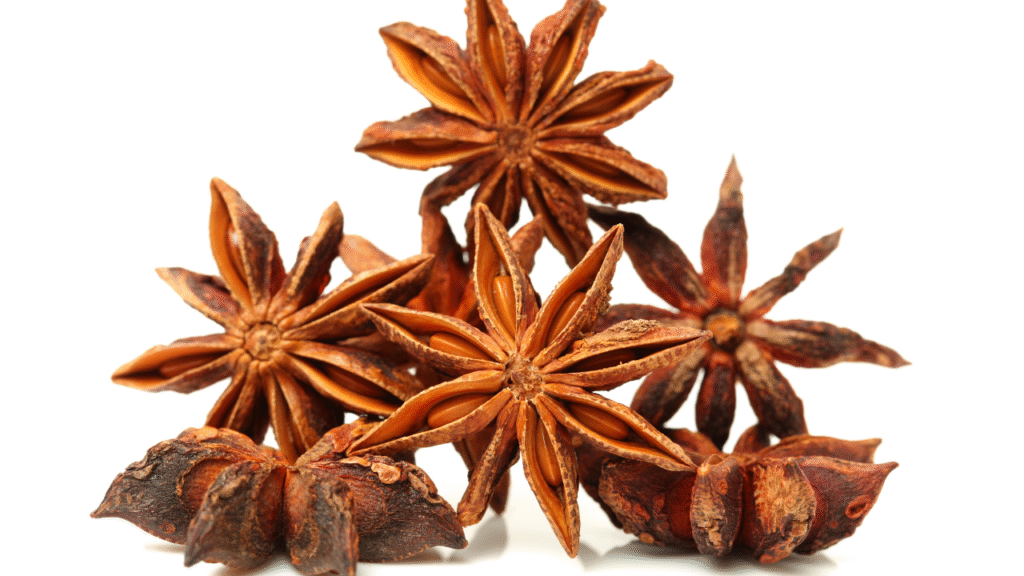 Are you buying hair products, but your hair still doesn’t look healthy? The real secret to making your hair strong and shiny could be in your kitchen, not in your bathroom. Let’s discuss how your diet can improve hair growth and how consuming specific foods can enhance the appearance of your hair from within.
Are you buying hair products, but your hair still doesn’t look healthy? The real secret to making your hair strong and shiny could be in your kitchen, not in your bathroom. Let’s discuss how your diet can improve hair growth and how consuming specific foods can enhance the appearance of your hair from within.
What’s preventing your hair from flourishing?
Struggling with hair issues? You’re not alone. Many people face common problems, including thinning hair, excessive shedding, brittle strands, split ends, and dullness. While shampoos and treatments are popular, they often fail to address the underlying cause of a lack of essential nutrients. Hair is primarily made of protein (keratin) and requires proper nourishment from your diet to grow strong and healthy. Without it, no product can restore your hair’s vitality.
Nutrients for Hair Growth
Here’s a closer look at some of the most essential nutrients your hair needs and the superfoods that contain them.
Biotin (Vitamin B7)
Why it matters: Boosts keratin production and strengthens the hair shaft.
Top sources: Eggs, almonds, spinach, sweet potatoes
Iron
Why it matters: Supports oxygen flow to hair follicles. Iron deficiency is a leading cause of hair loss.
Top sources: Lentils, red meat, pumpkin seeds, kale
Omega-3 Fatty Acids
Why it matters: Nourishes the scalp, prevents dryness, and supports thicker hair.
Top sources: Salmon, walnuts, chia seeds, flaxseeds
Vitamin A
Why it matters: Promotes sebum production, your scalp’s natural conditioner.
Vitamin C
Why it matters: It aids in iron absorption and helps build collagen, a protein that strengthens hair.
Protein
Why it matters: Hair is primarily protein. A lack of it leads to weak, thin, slow-growing hair.
Superfoods that contain them
Let’s break down the best foods for hair growth and why your scalp will thank you for adding them to your plate.
Eggs
Hair is made mainly of keratin, a type of protein. Without enough protein in your diet, hair growth can slow, and strands may become brittle.
Eggs are also a rich source of biotin, which boosts keratin production and improves hair structure.
How to use:
- Breakfast: Scramble with spinach or tomatoes.
- Snacks: Boil a few eggs and keep them in the fridge for quick protein bites.
- Dinner: Add chopped boiled eggs to salads or grain bowls.
Add bell peppers to your meals for extra nutrients that help your hair. They come in red, green, yellow, and orange varieties. According to Wheeler, peppers are high in vitamin C. This vitamin acts as an antioxidant and helps produce collagen, which can support hair growth. You can add them to omelets or eat them raw with hummus.
How to use:
- Slice and snack on raw bell pepper sticks with hummus or guacamole.
- Add thin slices to salads or grain bowls.
- Dice and toss into wraps or sandwiches.
Spinach
A frequent reason for hair loss is iron deficiency. Spinach is rich in iron and also contains vitamins A and C, which assist your scalp in producing sebum, a natural oil that keeps your hair hydrated.
How to use:
- Smoothies: Blend fresh spinach into fruit smoothies (you won’t taste it!).
- Side Dish: Sauté lightly in olive oil and garlic.
- Main Meals: Add omelets, stir-fries, soups, or wraps
Fatty Fish
Salmon, mackerel, and sardines are full of omega-3 fatty acids that nourish the scalp, reduce inflammation, and improve hair density.
How to use:
- Main Course: Bake or grill salmon with herbs and lemon.
- Salads: Flake leftover fish into a green salad or quinoa bowl.
- Snack or Lunch: Use canned sardines or tuna in whole-grain wraps.
Mango
Wheeler suggests eating mango for better hair health. Mangos are rich in vitamin A, which supports cell growth and scalp health. You can enjoy them on their own or add them to smoothies, mango salsa, or fruit salad.
How to use:
- Slice and enjoy as a sweet snack or dessert.
- Add fruit salads with berries, kiwi, and orange.
- Top Greek Yogurt or oatmeal with fresh mango chunks.
Almonds, walnuts, flaxseeds, and chia seeds contain vitamin E, zinc, selenium, and omega-3s, all essential for hair growth and scalp protection.
How to use:
- Snacks: Keep almonds or walnuts handy as an afternoon snack.
- Breakfast: Sprinkle flax or chia seeds on oatmeal or Yogurt.
- Smoothies: Add 1 tbsp of ground flaxseed or chia to your morning smoothie.
Sweet Potatoes
Sweet potatoes are rich in beta-carotene, which the body converts into vitamin A. This vitamin promotes the production of sebum, your hair’s natural conditioner.
How to use:
- Baked: Slice and roast with olive oil for healthy fries.
- Mashed: Boil and mash with a bit of coconut oil or Greek Yogurt.
- Meal Prep: Cube and add to power bowls or stews
Strawberries, blueberries, and blackberries are full of vitamin C, which boosts collagen (a structural protein in hair) and helps your body absorb iron more efficiently.
How to use:
- Breakfast: Add to oatmeal, Yogurt, or whole-grain cereal.
- Smoothies: Blend with spinach, banana, and almond milk.
- Snacks: Eat them fresh or frozen as a naturally sweet treat.
Avocados
Avocados contain vitamin E and monounsaturated fats, both of which support a healthy scalp and add natural shine to hair.
How to use:
- Toast: Spread on whole grain toast with a sprinkle of seeds.
- Smoothies: Blend half an avocado for a creamy texture.
- Salads: Cube and mix into salads or grain bowls
Beans and Lentils
These are excellent sources of protein, iron, biotin, and zinc —key nutrients essential for hair strength and growth, particularly for vegetarians.
How to use:
- Soups & Stews: Add lentils or black beans to hearty meals.
- Lunch Bowls: Make chickpea or lentil salad with olive oil and herbs.
- Side Dishes: Use as a protein source instead of meat a few times per week.
Greek Yogurt
Greek Yogurt contains protein, vitamin B5, and probiotics, which support a healthy gut, and healthy gut bacteria are increasingly linked to stronger hair and better nutrient absorption.
How to use:
-
Mix plain Greek yogurt with berries, chia seeds, and sliced almonds.
-
Add a drizzle of honey or maple syrup for a touch of sweetness.
-
Sprinkle with flaxseed for healthy fats.
Lean Red Meat
A small amount of lean red meat can provide heme iron, which is more easily absorbed by the body than plant-based iron, and zinc, which promotes hair tissue growth and repair.
How to use:
- Occasionally: Enjoy lean beef or lamb 1–2 times per week.
- Meal Prep: Grill and slice for wraps, salads, or stir-fries.
- Pair with Vitamin C-rich sides (like bell peppers or citrus) for better iron absorption.
Pro Tips for Using These Foods Effectively
- Balance your meals: Combine protein, healthy fats, and fiber at each meal to support hair growth and overall health.
- Stay hydrated: Water helps transport nutrients to your scalp and follicles.
- Don’t overcook: Light cooking (like steaming or roasting) helps retain nutrients.
- Be consistent: Healthy hair grows slowly. Commit to these foods over time for visible results.
Here’s the Truth: You Can’t Fix Hair from the Outside In
The game-changer? A balanced, nutrient-rich diet can transform your hair. You may start to notice:
- Reduced hair shedding
- Faster and thicker hair growth
- A healthier, less itchy scalp
- Softer, more manageable hair with a natural shine
And all this can happen without expensive salon treatments, just by making better choices at the grocery store.
Conclusion
Healthy hair depends on good nutrition as well as products. By including these foods in your diet, you provide your hair with the essential nutrients it needs to grow strong and healthy. Take care of your body, and your hair will benefit as a result. Real beauty comes from within. Start with what you eat, and let your hair show your health.
Source Links
https://karger.com/sad/article/3/3/166/291279/A-Review-of-the-Use-of-Biotin-for-Hair-Loss
https://www.nyou’rem.nih.gov/pmc/articles/PMC5315033/
https://www.ncbi.nlm.nih.gov/pmc/articles/PMC9917549/








